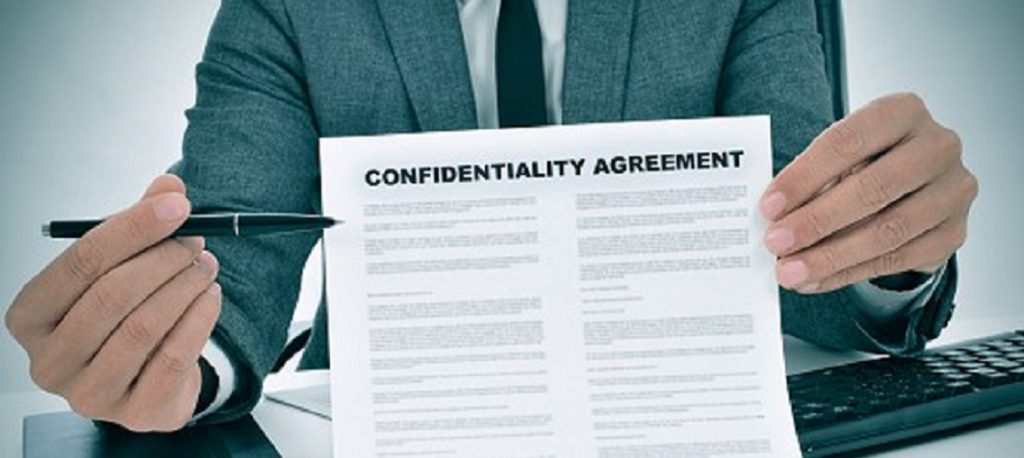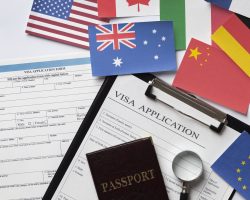Safeguarding Personal Boundaries
Privacy Agreements
In an age defined by digital footprints and data transactions, the sanctity of personal information is paramount. Privacy agreements, also known as privacy policies or notices, elucidate how an organization collects, processes, and safeguards user data. These agreements aren't just legal necessities; they reflect an institution's commitment to upholding user trust and ensuring data protection. At Resolve Solicitors, we specialize in sculpting robust privacy agreements that comply with global regulations, shielding both businesses and their clientele.

- Data Collection: Clearly outline the types of personal data being collected, from names and addresses to browser cookies and IP addresses.
- Purpose & Use: Describe the reasons for collecting data and how it will be used.
- Third-Party Sharing: Disclose if any data will be shared with third-party entities and the nature of such sharing.
- Data Protection Measures: Highlight the security measures in place to protect user data.
- User Rights & Controls: Inform users of their rights, such as data access, rectification, or deletion requests.
- Updates & Modifications: Clarify how users will be informed of any changes to the privacy policy.
- Legal Compliance: Adhering to global regulations like GDPR, CCPA, or PIPEDA.
- Building Trust: Demonstrating transparency and commitment to user data protection.
- Risk Mitigation: Reducing potential legal liabilities and reputational risks.
Precision Drafting: Crafting detailed privacy agreements that align with specific business models and industry standards.
- Policy Audits: Reviewing existing privacy policies to identify potential enhancements or ensure compliance with evolving regulations.
- Tailored Consultations: Offering bespoke advice on data collection practices, third-party integrations, or user rights management.
- Educative Workshops: Conducting informational sessions on data protection, user privacy, and associated legal intricacies.
FAQ's
They ensure businesses comply with data protection laws and communicate transparently with users about their data practices.
Regularly, especially in light of new data practices, technological integrations, or changes in data protection laws.
Yes, under many data protection regulations, users have the right to access their personal data.
There can be legal ramifications, financial penalties, and reputational damage.
Typically, via email notifications, website banners, or in-app alerts.
Yes, it can stipulate conditions for international data transfers, especially to territories with different data protection standards.
Any business collecting personal data, especially online, should have a privacy agreement to inform users and ensure legal compliance.
Our team is adept at global data protection laws and tailors agreements to meet both international and local regulations.
Yes, users can typically change their preferences or opt-out of certain data practices after providing initial consent.
Contact us directly for a meticulous consultation. We prioritize creating privacy agreements that resonate with user expectations and adhere to the highest data protection standards.



